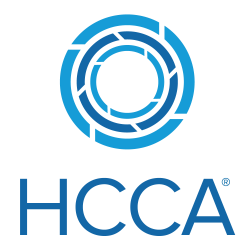Working with a wobbly institutional review board (IRB) is like “building a house on sand,” says Elizabeth Nelson, president of Regulatory Risk Management, LLC. Unfortunately, many clinical trial practitioners can’t adequately get a handle on how their IRB is performing, much less an understanding of how to help it improve, she says.
“Helping IRBs do a better job helps us all” in the clinical trial enterprise, Nelson says. As Good Clinical Practice (GCP) is based on shared responsibilities for ensuring credible data from protected subjects, when an IRB is not compliant with regulations and the tenets of GCP, neither are the sponsors and clinical investigators for a trial, Nelson notes.
The clinical trial industry has been through a lot of “upheaval” since early 2020 and “we need to know how IRBs have been handling those disruptions,” Nelson says. She will help guide clinical trial professionals by examining the requirements for a compliant IRB, addressing methods for assessment, and discussing processes to ensure compliance, collaboration, and communication in a session for the upcoming ACRP 2021 virtual conference’s September lineup of topics.
“I’ll be tweaking the presentation up until September because I anticipate COVID-19 and other factors continuing to have an impact” on the IRB landscape, Nelson says. “We’ll be looking at IRBs through the lens” of the pandemic, she adds.
U.S. Food and Drug Administration Warning Letters consistently cite IRBs for shortcomings that include poor documentation practices, inadequate handling of deviations, and a lack of compliance “infrastructure,” Nelson says. The problem was significant pre-COVID-19, and it stands to reason it’s only become more of an issue, she suggests.
Now more than ever, for example, Nelson believes the traditional IRB annual review of compliance policies isn’t enough. “They should happen more often and should be based clearly on degrees of risk” in various clinical trial activities, she says. To face today’s challenges, she adds, “IRBs need greater flexibility.”
Author: Michael Causey



